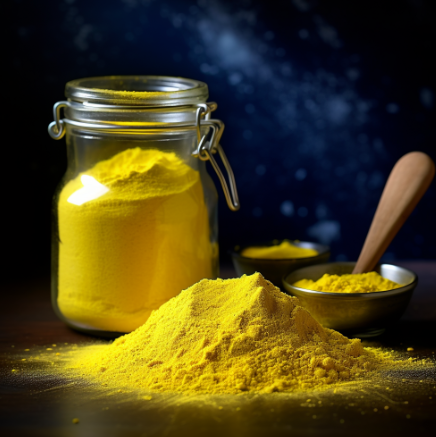Papel y eficacia de la quercetina

Quercetina plus is a widely distributed flavonol compound with various biological activities in the plant kingdom. It exists in a variety of vegetables and fruits, such as acai berries, broccoli and apples, and also exists in tea, red wine, olive oil and propolis and other foods, among which the content is higher in sophora flowers, buckwheat stalks and leaves, sea buckthorn, hawthorn, onion.
Bioactivity and efficacy of resveratrol and quercetina
Antioxidante
The antioxidant capacity of natural quercetina bulk is 50 times that of vitamin E and 20 times that of vitamin C. Its antioxidant capacity is mainly demonstrated by its effects on glutathione (GSH), enzyme activity, signal transduction pathways and reactive oxygen species (ROS).
Animal and cellular studies have shown that quercetin can induce GSH synthesis, and quercetin extract therapy in renal ischemia/reperfusion (I/R) can increase GSH levels; It can increase the levels of superoxide dismutase (SOD) and catalase (CAT), and decrease the level of malondialdehyde (MDA) induced by lipopolysaccharide (LPS). It can improve the antioxidant status of the body, repair spinal cord injury, atherosclerosis, lead or cadmium poisoning and other injuries; It can clear ROS and thus protect against oxidative damage, such as respiratory damage and ultraviolet skin damage caused by radiation, which suggest that quercetin can enhance the antioxidant defense system.
Antiinflamatorio
Green naturals Quercetina has significant anti-inflammatory effects, acting primarily by inhibiting cytokine production, reducing the expression of cyclooxygenase and lipoxygenase, and maintaining mast cell integrity. Quercetin can also reduce C-reactive protein and interleukin-6, the mechanism behind which may be related to inhibiting NF-κB pathway, inhibiting leukotriene formation, interfering with AMPK/ RT-1, and promoting nitric oxide formation.
Anti-Allergy
Quercetina online can boost the immune system and help defend against infections and allergies. Quercetin inhibits the production of histamine and proinflammatory mediators. Studies have found that it has the potential to reduce asthma conditions such as recruitment of eosinophils and neutrophils, activation of bronchial epithelial cells, collagen and mucus production, and airway hyperresponsiveness. It can also inhibit the production of periostein and periostein-induced eosinophilic chemical attractants, thereby improving the clinical symptoms of allergic rhinitis.
Lung Protection
Quercetina is used to treat COPD, pulmonary fibrosis and other diseases. It can protect the lung mucosa, increase the immunity of the respiratory mucosa, but also promote the blood circulation of the lungs, improve the oxygen supply capacity of the lungs, and have a certain protective effect on the lungs.
Cardiovascular Protection
More and more studies have found that quercetin has great potential value in cardiovascular diseases, such as antioxidant, anti-platelet aggregation, antibacterial, cholesterol reduction, endothelial cell protection and so on. Quercetin function has a protective effect on macrophage pyrodeath in atherosclerotic plaques, can significantly reduce plate area and fat deposition, increase collagen content, and slow down the progression of atherosclerosis.
Inhibit Cancer
The combination of quercetin and curcumin has a good anticancer effect. Quercetin and turmeric can greatly improve the absorption and utilization, and have obvious synergistic effect. They play an anticancer role by influencing angiogenesis, inhibiting epithelial-to-mesenchymal transformation, regulating matrix metalloproteinases (MMPs) and interfering with the signaling pathway of cancer cells. In addition, excess free radicals are also crucial in cancer development, causing DNA damage and contributing to cancer development. Both quercetin and turmeric have antioxidant properties that mop up free radicals, reduce DNA damage, and lower the risk of cancer.
Andy
WA: +8618220720933
Correo electrónico: [email protected]
() ()